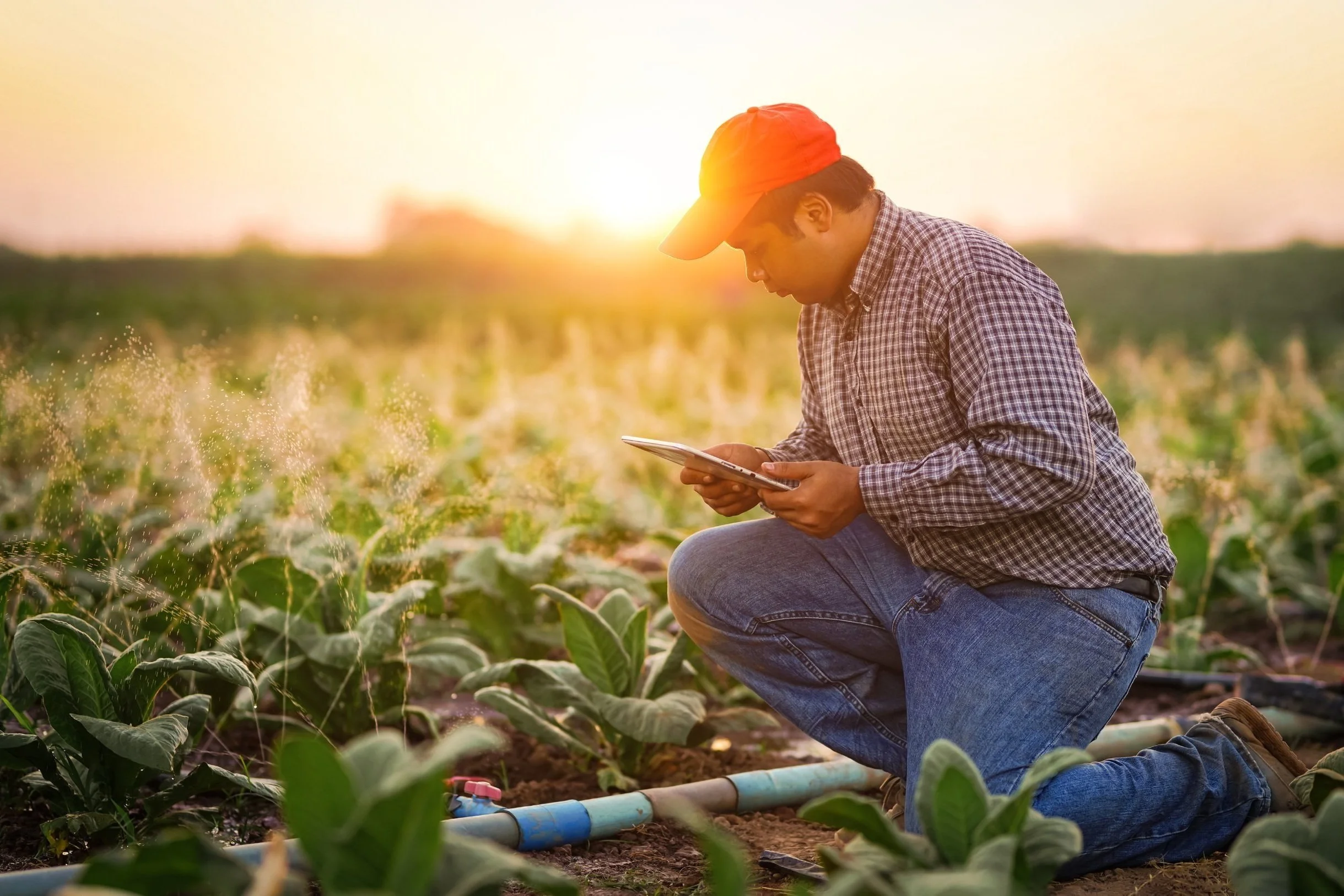California Environmental
Education Foundation
The California Environmental Education Foundation (CEEF) is a 501(c)(3) non-profit foundation established at the recommendation of the State Superintendent’s Environmental Education Task Force Steering Committee in 2003.
CEEF Programs
The California Environmental Education Foundation is devoted to fostering environmental learning and stewardship, engaging teachers and students throughout the education process, providing best practices, career connections, and awarding excellence in environmental education.
Teacher Institute
The CEEF established a namesake Teacher Institute for Best Practices of Environmental Education and Stewardship (TI) in 2011 by delivering a three-day workshop in Yolo County, CA.
Water & Energy
The CEEF’s sister organization, the Water & Energy Education Alliance (WEEA) creates career pathway for Southern California high school students designed to strengthen the state’s economy.
Education Award
Every year, CEEF provides a monetary award to recognize one California student, educator, and administrator for their distinguished environmental service and dedication.
CEEF Philosophy
Vision
The CEEF understands the natural environment is the link that joins our past and future, and envisions a day when all Californians are environmentally literate.
Mission
CEEF will inspire young people to understand and care for the environment through the support of innovative environmental education programs and partnerships.
Core Values
CEEF provides statewide support on environmental education initiatives and issues in a respectful and professional manner.
-
Treat others with respect
Hold high expectations for ourselves and others
Promote clear, frequent, and open communication
Honor dedication to excellence in environmental education
Demonstrate initiative, collaboration, and continuous improvement
Promote equity, inclusion, and cultural relevance in operations and programs
















